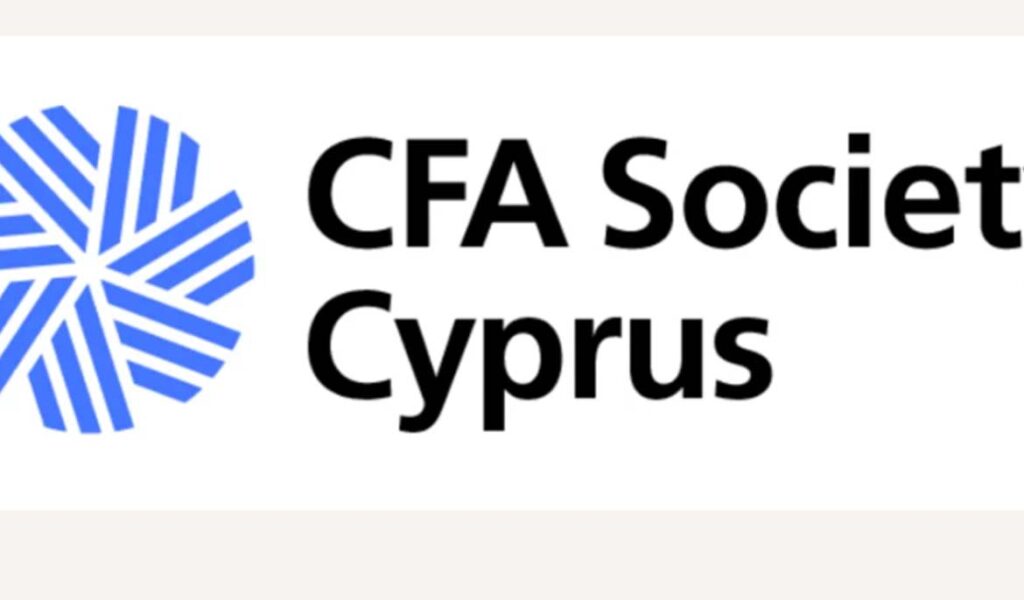By Rita Beyrouthy
As the financial landscape evolves, with technology and digital finance shaping how investors access markets, it is important to focus on how these innovations can empower and protect investors while ensuring that markets remain fair and efficient. In the context of World Investor Week (WIW) 2024, this focus becomes increasingly relevant.
In recent years, the financial industry has experienced a significant transformation, fundamentally changing how financial services are provided and creating vast opportunities for investors. However, this shift has also introduced new risks and increased the demand for education and knowledge about the technologies being utilized.
What Educational Initiatives Can Improve Investor Knowledge?
- Financial Literacy Programs: These programs can guide investors on effectively using digital tools.
- Education on Risks: Education about the risks of high-frequency trading and algorithm-based investment platforms.
- Cybersecurity Awareness: Investors need to understand cybersecurity risks and how to protect financial accounts from online fraud.
While technology offers convenience and enhanced accessibility, it also opens the door to fraud, cyber-attacks and market manipulation. This is where regulators worldwide play a crucial role in ensuring investor protection within this evolving landscape.
How Can Investors Be Protected in a Digital Environment?
- Regulatory Frameworks: Applying regulatory frameworks for digital finance that emphasize transparency and accountability for tech-driven financial products.
- Investor Protection Programs: Implementing programs designed to safeguard personal data and prevent identity theft.
- Enhanced Oversight: Increasing oversight of online financial platforms to ensure adherence to ethical standards.
An important focus of WIW is to ensure that markets remain fair and efficient, despite the complexities introduced by technology. Achieving this requires implementing various regulatory measures.
What regulatory measures ensure Fair and Efficient Markets with digital finance?
- Access Policies: Creating policies that ensure all investors have fair and transparent access to markets.
- Monitoring Algorithm Practices: Monitoring the use of AI and machine learning to prevent manipulative non-transparent practices that could disadvantage less tech-savvy investors.
Digital finance can exacerbate systemic risks including the effects of cyber-attacks and the volatility of highly speculative tech-driven products.
How to Address Systemic Risk Through Technology?
- Early Warning Systems: Introducing early warning systems for cybersecurity threats within financial systems.
- Blockchain Regulations: Ensuring that blockchain-based technologies do not become avenues for systemic risk due to volatility or misuse.
Highlighting Cyprus, with its strategic position as a financial hub in Europe and the Mediterranean, the island has seen significant growth in its digital finance sector and is uniquely positioned to explore the opportunities and challenges that come with such innovations. The Cyprus Securities and Exchange Commission (CySEC) has been proactive in regulating the rise of online trading platforms, fintech services and cryptocurrency exchanges, introducing measures aimed at improving investor protection in this fast-moving landscape.
WIW promotes global awareness around investor education and protection. With the evolution of digital finance, it is crucial to address the associated challenges and leverage the opportunities to create an efficient and secure financial ecosystem.
Through education, regulation, and protection measures, investors can harness the power of technology without sacrificing their financial well-being or market integrity.
Rita Beyrouthy, CFA is a Member of Financial Literacy Committee CFA Society Cyprus, Senior Manager, Transaction Advisory Services, Baker Tilly, South-East Europe



